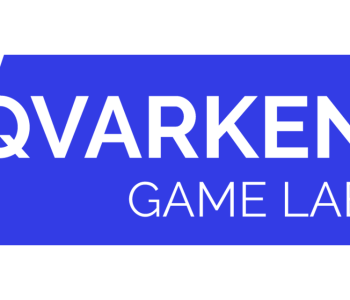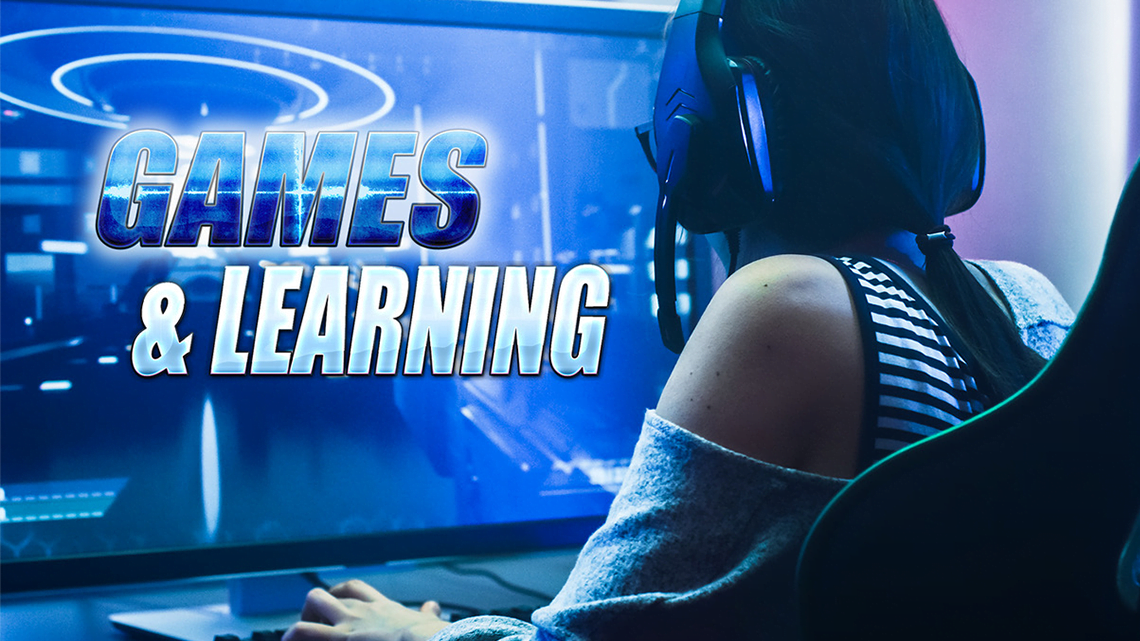 Projects - Finished
Projects - Finished
Qvarken Game Lab
One of the biggest challenges in establishing the gaming industry in peripheral areas lies within the startup scene, working in a regional context where there is limited experience and few financiers. By establishing the cross-border competence center Qvarken Game Lab, this gap in the Botnia-Atlantica program area is compensated for.
The project’s focus is on gathering, refining, and advancing knowledge about the gaming industry to strengthen the gaming sector both cross-border and locally. The ambition of this intensive implementation project is for the initiative to develop and establish itself during the project period and then continue to grow independently after the project’s conclusion.
The project’s activities involve coordinating actors in a cross-border competence center for game development to gather education, research, and industry resources to collectively enhance innovation in the gaming industry and its interaction with other sectors and the surrounding society. This is achieved by creating meeting places for creative workshops, working on market-oriented gaming innovations with a focus on concrete results, strategically addressing gender equality issues in the gaming industry, and promoting collaboration between the gaming sector and other industries.
The overall goal and purpose of the project is to stimulate the establishment of a sustainable environment for game development and related activities through collaboration and interaction among project partners within the Botnia-Atlantica region’s innovation system. This is accomplished through various processes:
Establish Qvarken Game Lab
The goal of the competence center Qvarken Game Labs is to foster growth among gaming companies in the regions within the Botnia-Atlantica program area where the industry is currently lacking. This is achieved by networking, enhancing innovation and competitiveness through mentorship and expert knowledge, organizing creative spaces like game jams and hackathons, and working with venture capital to facilitate potential investments.
Research & Education
Qvarken Game Lab aims to strengthen and tailor the education available in the program area to better align with the gaming industry’s needs. This is accomplished through discussions between educational providers and the industry in coordinating the competence center. Relevant research and education are enhanced through collaboration with the competence center to elevate innovation and competitiveness.
This is facilitated through access to the User Experience Laboratory (Experience Lab), where gaming entities gain access to UX design expertise, research-based design methods, as well as equipment and techniques for testing the usability and user experience of their products. This occurs at various stages of development concerning the target audience.
Gender Equality & Inclusion
Qvarken Game Lab advocates for increased gender equality within the gaming industry. Since women are significantly underrepresented in gaming companies, the competence center strategically engages in initiatives to change attitudes and practices related to gender equality within the gaming sector. The focus is on leveraging the innovators, experts, and inspirers present in the regions.
Upon the conclusion of the project in June 2022, the competence center has developed or initiated the following processes:
- Conducted a pilot initiative connecting a network of actors within the gaming industry, identifying effective methods and processes to enhance the gaming industry’s innovation capacity in the Botnia-Atlantica program area.
- Strengthened the readiness of innovation system actors to contribute research and expertise to the competence center and to evolve collaboratively.
- Ensured that gender equality, diversity, and accessibility permeate all parts of the project, contributing to a stronger competence center.
Experience Lab contributes by bringing expertise in user-centered design and research-based knowledge and methods in game development. Moreover, it connects to the growing research in gaming at the university and the networks associated with it.
